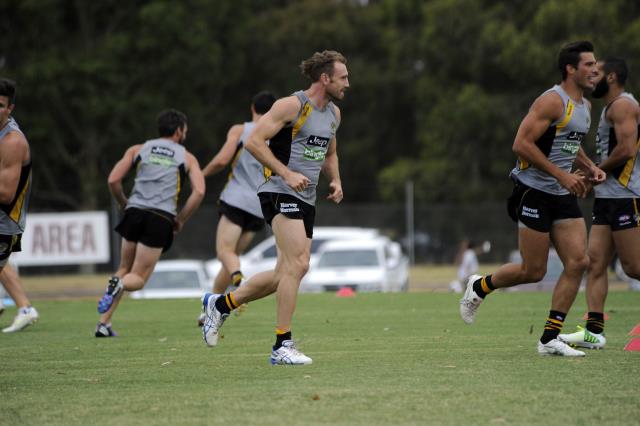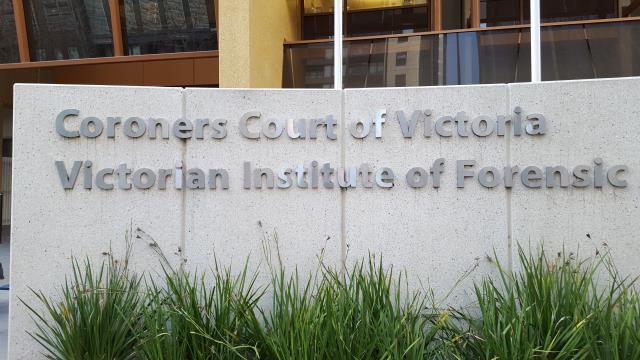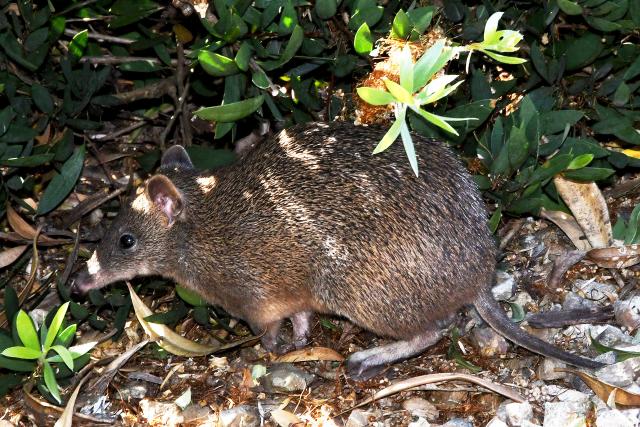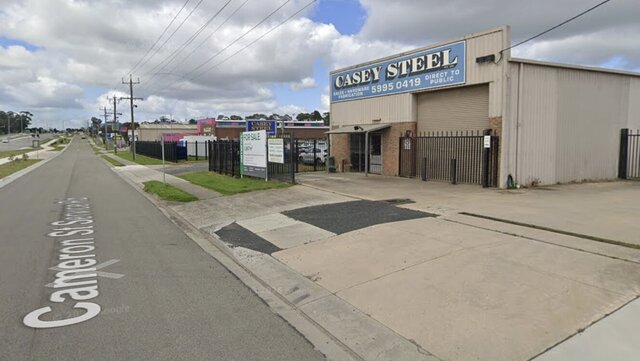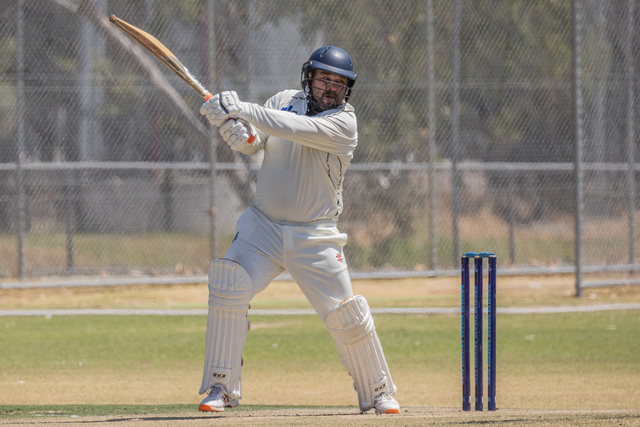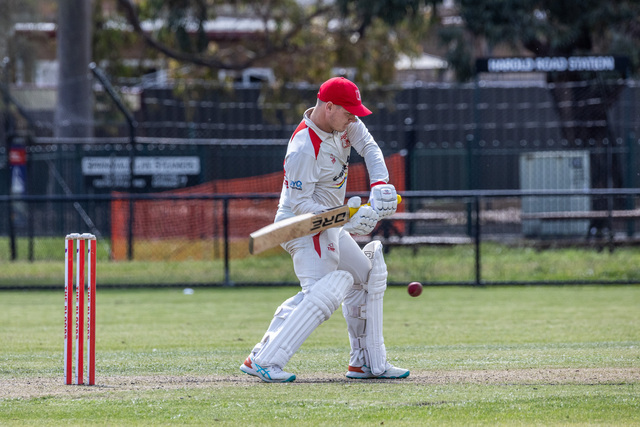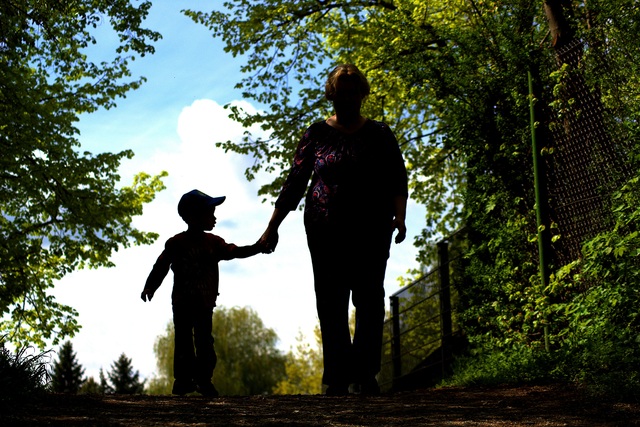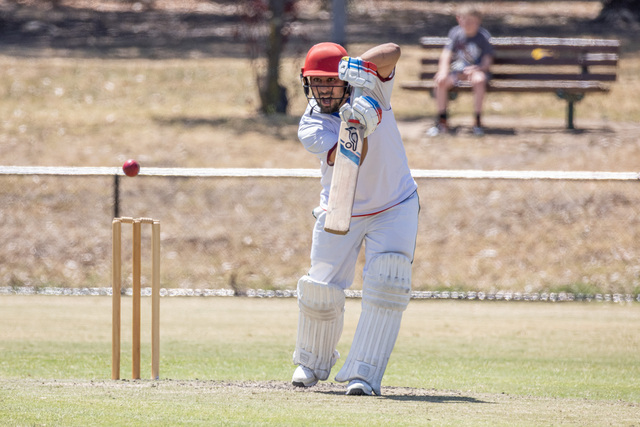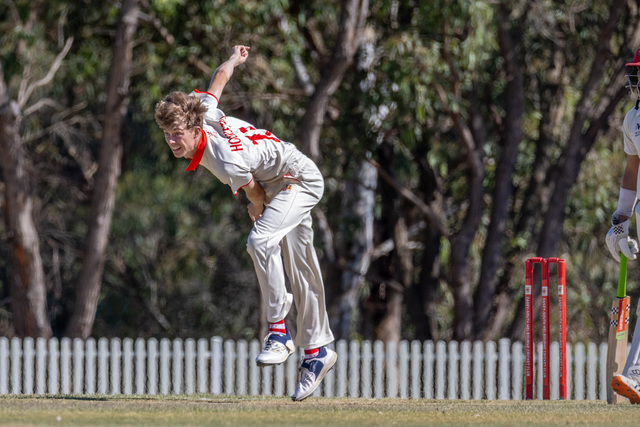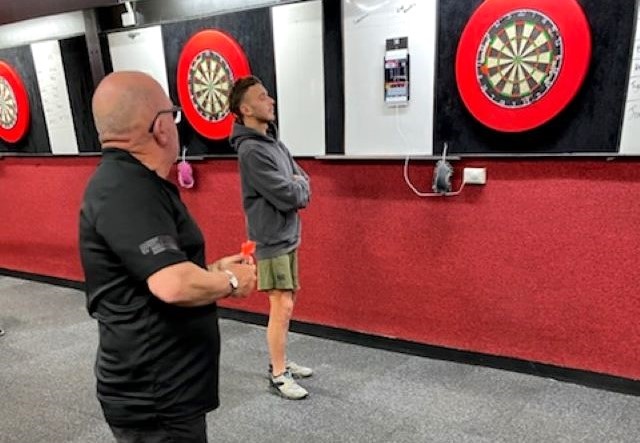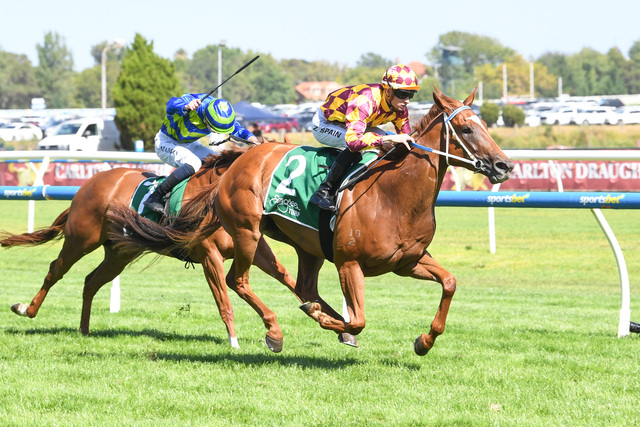The AFL is exploring mandatory helmets and impact-sensing mouthguards to protect players from CTE, a Coronial inquest into Richmond player Shane Tuck has been told.
Tuck, 38, died with severe stage-3 chronic traumatic encephalopathy (CTE) – after a 173-game career as well as a brief boxing foray.
He took his own life in his parent’s Berwick home on 20 July 2020.
AFL chief medical officer Michael Makdissi told the Victorian Coroners Court that the league hoped to trial newer helmet designs and materials against a new AFL standard.
“We didn’t have a standard for an AFL-specific helmet. We (had) sort of borrowed our helmets from predominantly from rugby.
“There may be deployment of a helmet that’s suitable either next season or the season after.”
Makdissi said the AFL was considering the mandating of helmets if trials showed they benefited brain health.
“Until we have an idea that they work in the field and there are no unintended consequences like players playing differently and potentially experiencing more head trauma, then I wouldn’t mandate them initially.”
The AFL was also involved in Monash University research on accelerometer mouthguards to measure head impacts.
The mouthguards could be “rolled out” as early as next season, or the season after, Makdissi said.
“It might start off as a recommended moving to a mandatory, I just don’t know how the (research) data is going to come out.”
Shane Tuck’s sister Renee Tuck told the Coroners’ Court that her family was “a man down” because of CTE. It brought a “strong man absolutely to his knees and to his death”.
“I have heard some bystanders and supporters say, ‘they play footy, they know what they’re getting into’ or ‘they get paid enough’.
“But this is not true.
“No one who was made aware, as Shane was not, would ever wish this upon themselves.
“When it comes to CTE, prevention is the cure and education is the power.”
On an array of medications, Tuck reported that it didn’t stop him hearing voices.
“Three long weeks of Shane in hospital and no medication or treatments would even touch the sides of his distress.
“Little did we know that his brain was rotting away – what had started so slowly years before was ramping up to be a horrific finale, making Shane’s final days on earth a war zone in his head.”
Her family would never be “fully healed” from watching Shane being “taken away from us and from himself slowly, and in such a cruel manner by this disease, unable to stop his pain and suffering.”
“Two children will have to endure the rest of their futures without their dad.
“Shane was a good, hard player who copped knees, elbows, feet to the head in the scrums of those games, game after game, week after week.
“Shane wanted so much to do his best and he put himself through the ringer for it without complaints.
“He threw himself over that ball quarter by quarter, week in week out.
“Shane was disciplined and wanted to make his team and coach proud –and now he’s dead.”
Tuck’s brain was donated to the Australian Sports Brain Bank.
“Shane’s brain was riddled with CTE lesions – he had the worst diseased brain Professor Michael Buckland had ever seen.
“Not a day goes by without him being thought of.
“Shane is incredibly missed, and he is always loved.”

